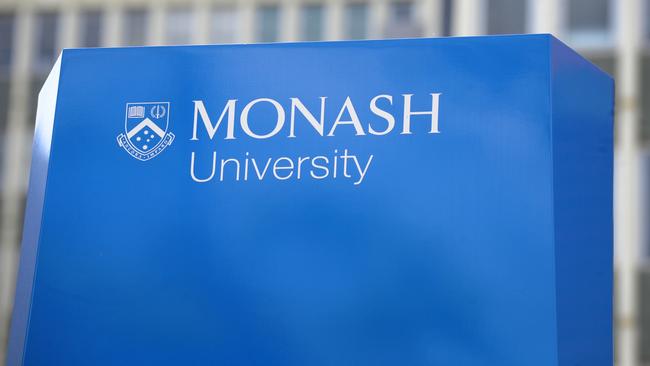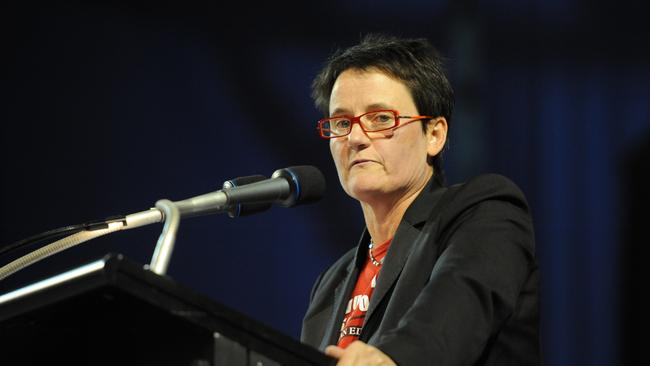Victorian teachers are petitioning for paid placement as many forced to drop out
The extreme “financial burden” placed on teachers forced to complete unpaid placement to finish their degree is causing many to drop out.

Education
Don't miss out on the headlines from Education. Followed categories will be added to My News.
University students are calling on the state government to fund 80-day unpaid placements as part of their degree, saying the extreme financial burden is causing them to drop out of their courses.
A petition calling for paid placements for all Victorian pre-service teachers by the Australian Education Union, which has gathered almost 4000 signatures, calls for paid placements for all pre-service teachers, to support the next generation of educators.
“Pre-service teachers in Victoria are required to complete up to 80 days of unpaid professional placement,” the petition reads.

“This makes it really difficult to balance their unpaid placement with their regular paid job and cover rent, food, transport, and other living expenses.”
It also says many teachers were forced to defer their studies to save up money, extend their course completion time, or drop out of their studies because of the financial burden.
“This ultimately reduces the number of new teachers entering the workforce.”
Isabella Jenkins, 22, a Monash University student in her fourth year of an education honours, said she has had multiple friends drop out because they “couldn’t afford” unpaid placements.
“Sometimes they send you all across Victoria for placement. You don’t get any expenses paid, no petrol, accommodation,” she said.
“One of my friends couldn’t pay for petrol and requested for a placement closer to home, but it got denied and she had no choice but to drop out.”
Ms Jenkins usually works 25 hours a week at her casual job, but during placement she is forced to cut down her hours drastically.
“I just use this money to pay for petrol and food basically,” she said.
“If I didn’t live at home and had to pay rent there would be no way I could get by.”
Ms Jenkins said a lot of pre-service teachers are “burnout and stressed”.
“You do 50 to 100 per cent of a teacher’s load during placement – and you’re still expected to attend classes and submit assignments,” she said.

A pre-service teacher, Anthea, who signed the petition said the financial burden of the placement was huge.
“For a six week block of placement I need to try and save at leave $7000 which is really difficult on an Education Services wage,”
Another student, Lisa, said she needed to complete her full term to finish her degree.
“As a mature aged student with three children and a mortgage, taking this much time unpaid is an enormous financial strain on my family. It took us months to recover financially from my last placement which was only four weeks,” she said.
Australian Education Union Victorian branch president Meredith Peace said supervised classroom experience for pre-service teachers was an absolutely “critical part” of the preparation to become a qualified teacher.
“It helps pre-service teachers prepare for the reality of the classroom, practice lesson planning, curriculum delivery and managing the dynamics of students in the classroom,” she said.
“However, the unpaid nature of these placements presents a very high barrier for pre-service teachers who still need to work to pay rent and living expenses while working full-time as a teacher while on placement.”

Ms Peace said many pre-service teachers were forced to defer studies, extend their completion time or drop out altogether.
“For some prospective teachers, it stops them from enrolling in initial teacher education in the first place.
“At the same time, we are experiencing a teaching workforce shortage crisis unseen for generations.”
Education Minister Natalie Hutchins said: “We’re delivering a range of programs to ensure the next generation of teaching talent have the supports in place to embark on a rewarding career in education.”
“As part of our nation-leading programs, pre-service teachers can receive stipends of up to $15,000 while studying and are provided with paid employment in schools,” she said.
“Permission to Teach arrangements also enable pre-service teachers to undertake paid employment in schools while they are completing their studies.”




